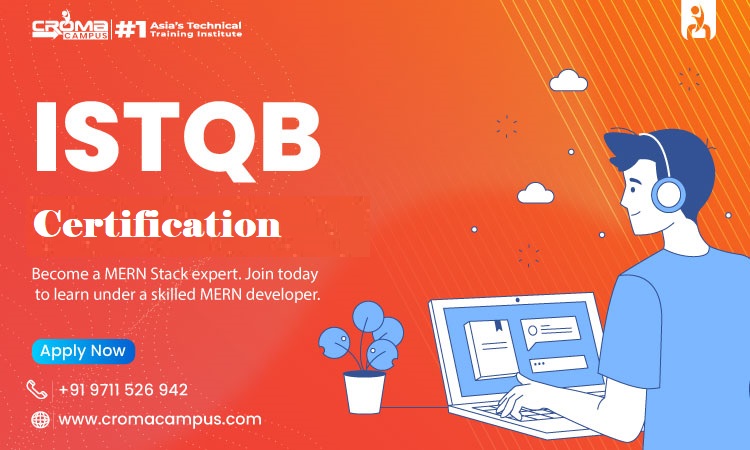The certification in ISTQB is a benchmark for software testing professionals. However, as technology evolves and businesses adopt more sophisticated software, new challenges arise for those preparing for the ISTQB Certification. Here are the top 5 emerging challenges that ISTQB candidates may face, along with insights on how to overcome them.
Understanding Agile Methodologies
Agile Testing Integration:
As more companies shift towards Agile methodologies, understanding how testing fits into this framework is crucial. Agile emphasizes rapid iterations, continuous integration, and flexibility. Traditional testing methods often don’t align well with Agile practices, making it challenging for candidates to adapt their testing strategies.
How to Overcome:
To tackle this, candidates should focus on understanding Agile principles and practices. Enrolling in specialized Agile testing courses can provide practical insights. Additionally, working on projects that use Agile methodologies can give hands-on experience, which is invaluable for the certification exam.
Mastering Test Automation
Increasing Demand for Automation:
With the rise of DevOps and continuous delivery, test automation has become a critical skill. ISTQB candidates need to be proficient in various automation tools and frameworks. This includes understanding how to integrate automated tests into the development pipeline and ensuring that these tests provide reliable results.
How to Overcome:
Candidates should invest time in learning popular test automation tools such as Selenium, QTP, and TestComplete. Online courses, tutorials, and hands-on projects can help build these skills. Additionally, understanding the principles of automated testing, such as writing maintainable and scalable test scripts, is essential.
Staying Updated with New Technologies
Rapid Technological Advancements:
The tech landscape is constantly evolving, with new programming languages, frameworks, and tools emerging regularly. Certification holders must stay updated with these advancements to remain relevant in the industry. This challenge includes keeping up with new software development practices and emerging technologies such as AI and IoT.
How to Overcome:
Continuous learning is key. Candidates should follow industry blogs, join professional networks, and participate in webinars and conferences. Subscribing to technology news websites and engaging in online communities can also help stay abreast of the latest trends and tools. Additionally, practical experience with new technologies can reinforce theoretical knowledge.
Managing Testing in Cloud Environments
Cloud Testing Challenges:
As businesses increasingly migrate to cloud platforms, understanding how to test in these environments is becoming essential. Cloud testing involves unique challenges such as ensuring security, scalability, and performance across different cloud configurations. This complexity adds another layer of difficulty for ISTQB candidates.
How to Overcome:
Candidates should familiarize themselves with cloud computing fundamentals and cloud-specific testing tools. Practical experience in setting up and managing cloud environments, such as AWS, Azure, or Google Cloud, can be beneficial. Online courses focusing on cloud testing strategies and best practices can also help.
Navigating Certification Fees
Financial Investment:
Firstly, ISTQB Certification Fees can be a barrier for some candidates. The cost varies by country and level of certification, making it essential to plan financially. Additionally, some candidates may find it challenging to justify the investment without a clear understanding of the certification’s ROI.
How to Overcome:
Researching and understanding the long-term benefits of certification can help justify the investment. Many employers recognize and value ISTQB certifications, which can lead to better job opportunities and higher salaries. Candidates should also look for employers that offer certification reimbursement as part of their professional development programs.
Conclusion
The ISTQB certification remains a valuable credential for software testing professionals, but it comes with its own set of challenges. From adapting to Agile methodologies and mastering test automation to staying updated with new technologies and managing cloud testing, candidates must navigate a complex landscape. Additionally, understanding and planning for certification fees is crucial for financial readiness. By proactively addressing these challenges through continuous learning, practical experience, and strategic planning, ISTQB candidates can successfully achieve their certification and advance their careers in software testing.




